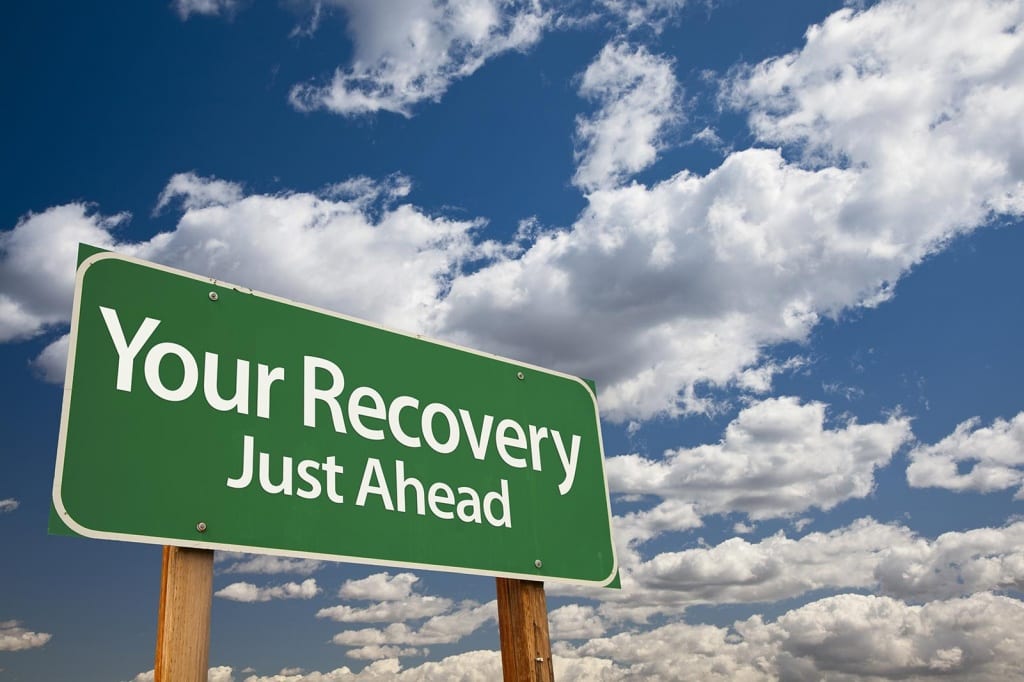Dual diagnosis, also called co-occurring disorder, dual disorder, or comorbidity, means a person has a diagnosis of both a substance use disorder and a mental health disorder. Because one disorder can mask or heighten symptoms of the other, it is often difficult to determine which came first, and may make it more difficult to diagnose. It is estimated that more than 50% of those diagnosed with a serious mental health disorder are also dependent on drugs or alcohol.
The Substance Abuse and Mental Health Services Administration (SAMHSA) found that, as of 2015, “7.9 million people in the U.S. experience both a mental health disorder and substance use disorder simultaneously.” Of those, more than half were men.
A substance use disorder is diagnosed when an individual is not able to control his or her use of legal or illegal drugs or alcohol. Use continues even when serious negative consequences result, including problems at home, work, or school, and health issues. A substance use disorder is a type of mental health disorder, as drugs and alcohol negatively affect some brain function.
Mental health disorders, commonly referred to as mental illnesses, include a wide range of conditions. The American Psychiatric Association defines mental illnesses as “health conditions involving changes in emotion, thinking or behavior (or a combination of these). Mental illnesses are associated with distress and/or problems functioning in social, work or family activities.”
Both disorders seriously affect the ability of a person to function effectively and responsibly in his or her daily life.
What mental health and substance abuse issues commonly occur together?
Many combinations of mental health and substance use disorders can occur. However, by far the most common combination is that of substance abuse and a mood and/or anxiety disorder. Studies have shown 50% or more of those with a drug or alcohol addiction also suffer from an emotional, psychological, or psychiatric disorder.
Mood disorders that often co-occur with substance use disorders include:
- Bipolar disorder
- Major depressive disorder
- Dysthymia disorder (persistent low mood for at least 2 years, accompanied by 2 or more
symptoms of depression)
Anxiety disorders commonly diagnosed with alcohol or drug dependency include:
- Generalized anxiety disorder
- Obsessive-compulsive disorder
- Social anxiety disorder
- PTSD (post-traumatic stress disorder)
Other mental health conditions that may co-occur with substance abuse can include ADD, ADHD, schizophrenia and personality disorders.
What are the signs and symptoms of co-occurring disorders?
Signs and symptoms exhibited depend on the co-occurring disorders themselves. Symptoms will include those often found with a drug or alcohol use disorder as well as those that are indicative of a specific mental health disorder. Drug and alcohol screening tools now make it easier for mental health clinics to identify co-occurring substance abuse problems.
Signs of substance use disorder may include:
- Risky behavior (such as risky driving or swimming, unsafe sex)
- Abrupt personality changes or changes in behavior
- Socially isolating self from family, friends, and favorite activities
- Unable to control drug or alcohol use
- Craving substance
- Financial or legal problems
- Build-up of tolerance so more is needed to achieve the desired effect
- Experiencing withdrawal symptoms if substance is not used
Signs of a mental health disorder vary depending upon the disorder, but examples may include:
- Confusion
- Inability to concentrate
- Eating and/or sleep problems
- Inability to function in daily life
- Changes in sex drive
- Unexplained physical pain
- Exaggerated expressions of sadness, fear, worry, or anger
- Fluctuating mood, bouncing between highs and lows
- Social isolation (drawing away from friends, family, favorite activities)
Severe symptoms may include delusions, paranoia, hallucinations, or talk of suicide. Individuals with any of these symptoms need immediate attention from a qualified mental health professional.
Although treatment of dual diagnosis makes treatment more complex, even in severe situations recovery is possible with the right treatment program.
An article in Psychology Today states, “compared to individuals who have a single disorder, those with a combination of disorders may experience more severe medical and mental health challenges and may also require longer periods of treatment.” For the best outcome, it is essential that dual diagnoses be treated simultaneously.
Does Turning Point of Tampa specialize in treatment of dual diagnosis?
At Turning Point of Tampa, we have found the best long-term recovery for those with dual diagnosis involves an integrated treatment approach. We understand the importance of treating mental health and substance abuse concurrently and specifically tailor treatment plans accordingly. Our compassionate, highly credentialed staff provides a safe, structured environment, where clients can be supported—and support others—as they go through the recovery process. Several members of our treatment team have personally traveled the road of recovery, so are uniquely qualified to guide others with understanding and compassion.
Our treatment approach includes:
- Medical Assessment upon admission
- Psychiatric Evaluation upon admission
- Individual and group therapy
- Individualized treatment plan
- Family support group
- 12-step based philosophy of addiction recovery
- Inpatient primary or extended care
- Life skills education
A 12-step program is one of the oldest and most successful addiction recovery philosophies in existence. Based on a set of spiritual principles, 12-step programs helps guide people through long-term recovery. 12-step groups support and encourage one another, while also serving as accountability partners, helping to keep others on track.
Turning Point of Tampa’s goal is to always provide a safe environment and a solid foundation in 12-Step recovery, in tandem with quality individual therapy and groups. We have been offering Licensed Residential Treatment for Substance Abuse, Eating Disorders and Dual Diagnosis in Tampa since 1987.



